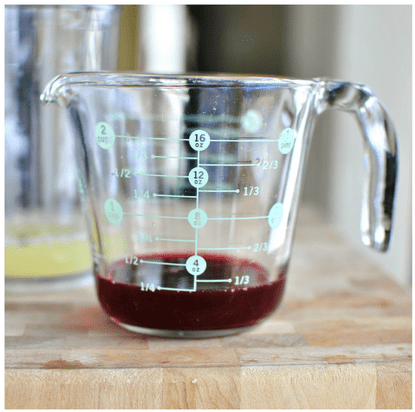It has never been easier to know about the amount of blood lost during menstrual bleeding. When you get your period, it might seem like a lot of blood loss. However, it is actually not possible to measure the menstrual flow. It is even harder to know whether this flow falls under the normal category or not. Although there might be great variations, the average “period” occurs every 28 days, lasts for up to 4 days, and produces a total blood loss of about two to three tablespoons.
How much do you lose on your Period?
In total, 2.4 tablespoons (35ml) of menstrual fluid are loston a normal scale. This can range anywhere from 1-6 tablespoons, i.e. almost 80 ml. However, the majority of women lose less than 6 tablespoons in every cycle. To refer to, a fully soaked regular tampon holds about 5 ml of menstrual fluid.
Although it seems to be a good whole amount of blood, it is normally less than 100ml. A woman who weighs 110 lb has about 3.5 liters of blood in the body. Therefore, losing a 100 ml might not cause any serious health effects. Adding further, only half of the menstrual fluid is blood. The rest is nothing else but cervical mucus, vaginal secretions, and endometrial tissue. The blood lost during a period is replaced quickly and easily.
Every individual has a different body type. As a woman, you can have heavier period and lose more blood comparatively. This blood may include clots as well. In such cases, where too much blood is lost, your body might suffer anemia. You might require increasing iron intake in your diet to support the formation of new blood cells and replace the lost ones. If you experience heavy periods, it is wise to see a doctor as this can be a case of “Menorrhagia.”
 Menorrhagia Signs and Symptoms
Menorrhagia Signs and Symptoms
A normal menstrual cycle doesn’t interfere with the normal functioning ability of a woman. However, if she runs to the bathroom very frequently areexperiencing a lot of discomfort or pain, this might be something serious.
The signs and symptoms of a heavy period, also known as Menorrhagia, are:
- The period lasts for more than seven days.
- You might need to change the tampon for more than 6-7 times a day.
- You experience painful menstrual cramps. Heavy bleeding can lead to contraction of the uterus, thus causing cramps.
- The loss of blood is so high that the body turns anemic.
- You might experience blood clots. Even though, clots smaller than the size of a quarter are normal.
Usually, women can experience heavy menstrual bleeding at almost any age. However, it might occur more often with approaching menopause or when you begin to skip periods. Therefore, when you bleed, the flow might be heavier than normal.
If you experience heavy period, such that it has put your life on hold for those days during the month, or the cramps have just doubled over, make it a point to visit a doctor at the earliest. This can be different for various reasons, like uterine fibroids (non-cancerous growths appearing during the childbirth years) or hormonal imbalances. However, if there is no serious medical condition occurring as the root cause for heavy period, it can be treated easily through over-the-counter medications, non-hormonal medications, and hormonal treatments like low-dose birth control pills.
Many women hesitate to talk openly with the doctor about their heavy periods or other related problems only for the fear of embarrassment. Well ladies, talking openly to your doctor will allow you to get answers to various questions thus helping you manage heavy periods easily.

